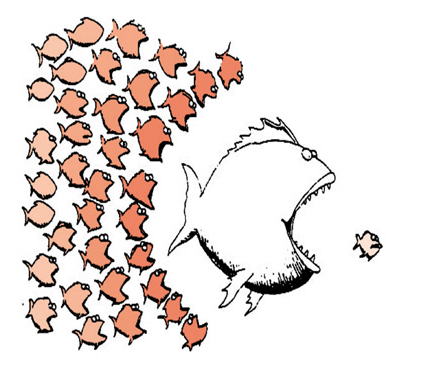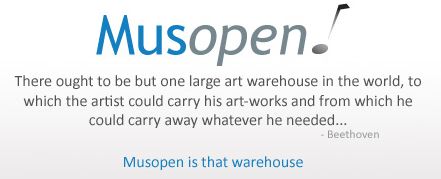Policy Sectors
April ’11, Rome: Conference on Water Commons
The Conference “Common Goods of Humankind: The Referendum Against Water Privatisation in Italy” will take place in Rome on the 28th an 29th of April. Read more
Freedom by decentralization
 The net needs alternatives to corporate social networks like Facebook because social networking and digital communications technologies are now critical to people fighting to make freedom in their societies or simply trying to preserve their privacy. But corporate services and other parts of the Net are intensively surveilled by profit-seekers and government agencies. Because smartphones, mobile tablets, and other common forms of consumer electronics are being built as “platforms” to control their users and monitor their activity. Freedom Box exists to counter these unfree “platform” technologies that threaten political freedom. Freedom Box exists to provide people with privacy-respecting technology alternatives in normal times – like Facebook alternative diaspora, and to offer ways to collaborate safely and securely with others in building social networks of protest, demonstration, and mobilization for political change in the not-so-normal times. Read more
The net needs alternatives to corporate social networks like Facebook because social networking and digital communications technologies are now critical to people fighting to make freedom in their societies or simply trying to preserve their privacy. But corporate services and other parts of the Net are intensively surveilled by profit-seekers and government agencies. Because smartphones, mobile tablets, and other common forms of consumer electronics are being built as “platforms” to control their users and monitor their activity. Freedom Box exists to counter these unfree “platform” technologies that threaten political freedom. Freedom Box exists to provide people with privacy-respecting technology alternatives in normal times – like Facebook alternative diaspora, and to offer ways to collaborate safely and securely with others in building social networks of protest, demonstration, and mobilization for political change in the not-so-normal times. Read more
Piracy Trials in Hamburg
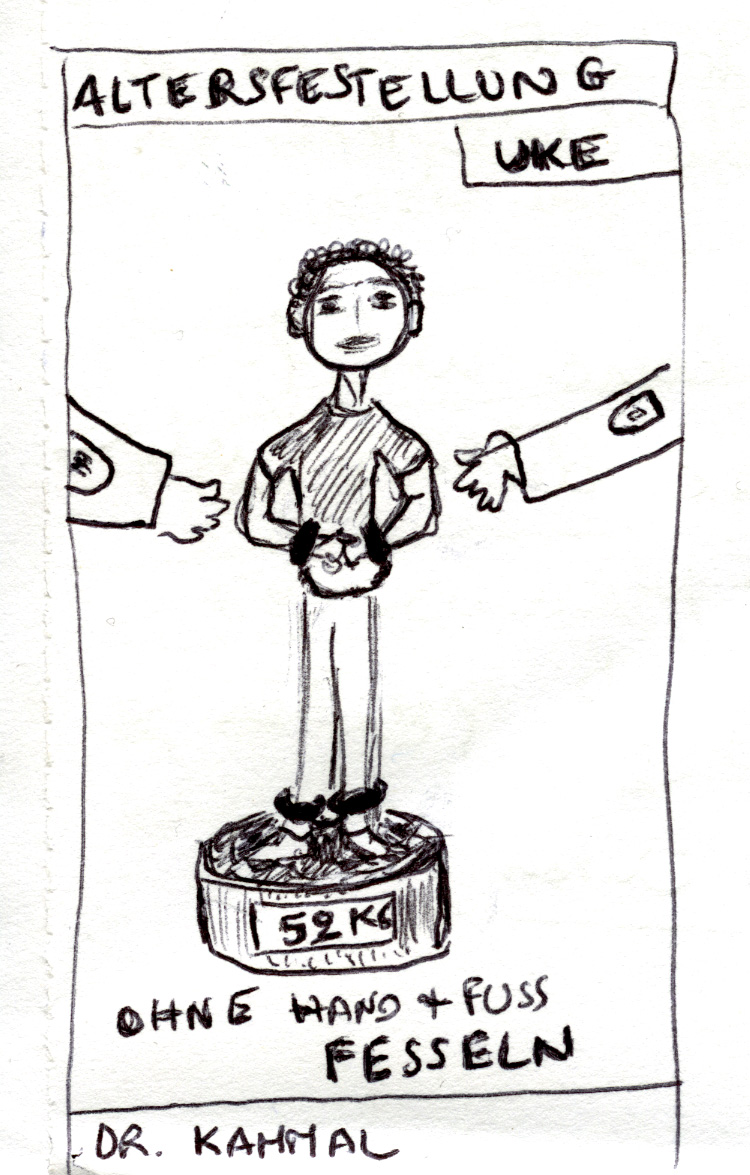
“The fishermen, when they lose their fish, they think” – A., Somali in Germany.
Since November 2010, ten Somali citizens are on trial for Piracy in Hamburg, Germany. Reclaim the Seas ist the blog about the trial and the backgrounds on why fishermen are forced to change their profession.
Private Companies and Emerging Economies in Zones of Conflict
Annotation, better late than never: About 120 participants, amongst them representatives of research institutes, private companies, civil society as well as politicians accepted the invitation by the Bonn International Center for Conversion (BICC) and the Fatal Transactions campaign to talk about the challenges of Private Companies and Emerging Economies in Zones of Conflict on the occasion of an international conference which takes place from 21 to 22 November 2008 in Bonn. The two-day event, entitled: “Digging for Peace: Private Companies and Emerging Economies in Zones of Conflict” at the Deutsche Welle is supported by Stiftung Internationale Begegnung of the Sparkasse Bonn, the European Union and Oxfam Novib. Read more
Land grab fears for Ethiopian rural communities
A controversial new farms policy has led to a political clampdown in a remote lowland region of Ethiopia. The government of Meles Zenawi is pioneering the lease of some three million hectares of land over the next five years, an area the size of Belgium. The policy is targeting massive lowland areas mostly in the west and south-west of the country. These are regions populated by smaller minority ethnic groups. The government denies conducting any repression, and says instead that its policy is aimed at lifting local people out of poverty. Foreign investors in Gambella include Chinese, Indian and Saudi firms. The Saudis alone say they are hoping to produce as much as a million tonnes of rice per year, most of it for their own domestic market. Read more (BBC, 16.12.2001)
Seafood
Buy this satellite
 A new NGO called A Human Right is campaigning “Buy this Satellite” to raise $150K in a bid to buy one of the world’s highest capacity communications satellites from its bankrupt owners in order to re-task it to supply Internet access to the world’s poorest people. They plan on building their own super-cheap satellite modems as well. Read more
A new NGO called A Human Right is campaigning “Buy this Satellite” to raise $150K in a bid to buy one of the world’s highest capacity communications satellites from its bankrupt owners in order to re-task it to supply Internet access to the world’s poorest people. They plan on building their own super-cheap satellite modems as well. Read more
Facebook alternative Diaspora now online alpha-testing
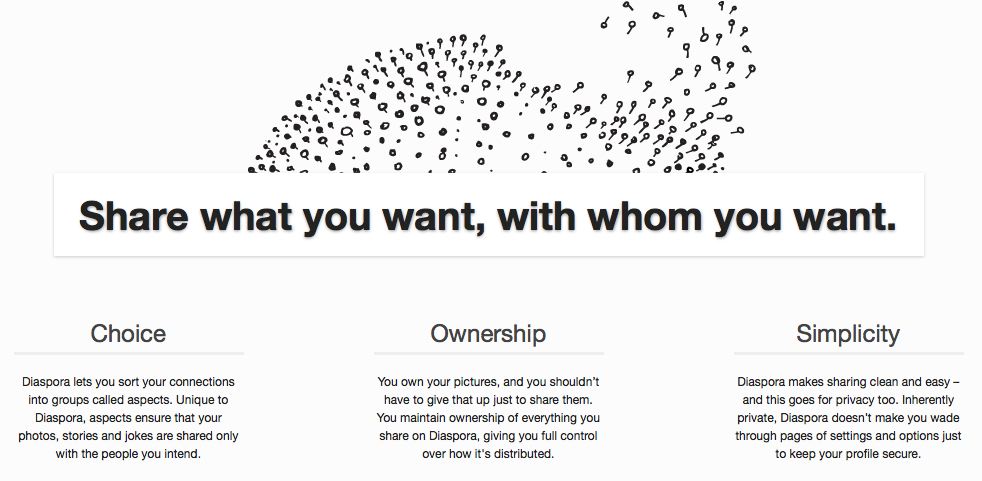 Diaspora is an open-source Facebook alternative. The idea got so much buzz on the crowdsourced micro-funding site Kickstarter, that they were able to turn a goal of raising $10,000 in 39 days into $200,000 from 6,500 backers in the same timeframe. But with such high expectations, you have to deliver. And many expressed doubts that the small team of college students could do that. Read more
Diaspora is an open-source Facebook alternative. The idea got so much buzz on the crowdsourced micro-funding site Kickstarter, that they were able to turn a goal of raising $10,000 in 39 days into $200,000 from 6,500 backers in the same timeframe. But with such high expectations, you have to deliver. And many expressed doubts that the small team of college students could do that. Read more
USB dead drop
 Online file sharing too dangerous? Dead Drops is an anonymous, offline, peer to peer file-sharing network in public space. Anyone can access a Dead Drop and everyone may install a Dead Drop in their neighborhood/city. A Dead Drop must be public accessible. Read more or check the dead drop database
Online file sharing too dangerous? Dead Drops is an anonymous, offline, peer to peer file-sharing network in public space. Anyone can access a Dead Drop and everyone may install a Dead Drop in their neighborhood/city. A Dead Drop must be public accessible. Read more or check the dead drop database
Classical music goes public domain
International Conference: Health justice – worldwide!
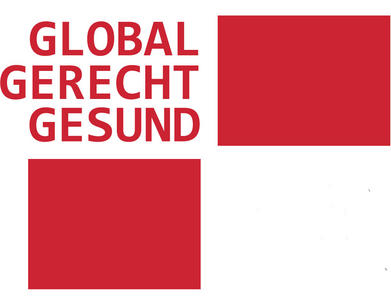 The Right to Health is easily proclaimed, signed by all valid Human Rights packages or defined as unavoidable in progressive constitutions, such as in Brazil or South Africa. But one third of the human population dies due to poverty related diseases. Human Rights are foreseeable not fulfilled under the current global economical rules. Under the umbrella of those rules an enormous shift of wealth, from the bottom to the top, took place. 1.125 Billionaires possess three times more of the world’s capital than the poorer half of the world population. Since 1988 the richest twentieth of the population gained eight percent of the world’s capital, whereas the poorest quarter lost thirty percent. Read more
The Right to Health is easily proclaimed, signed by all valid Human Rights packages or defined as unavoidable in progressive constitutions, such as in Brazil or South Africa. But one third of the human population dies due to poverty related diseases. Human Rights are foreseeable not fulfilled under the current global economical rules. Under the umbrella of those rules an enormous shift of wealth, from the bottom to the top, took place. 1.125 Billionaires possess three times more of the world’s capital than the poorer half of the world population. Since 1988 the richest twentieth of the population gained eight percent of the world’s capital, whereas the poorest quarter lost thirty percent. Read more
Two great interactive infographics about oil
The RMI’s oil import map interactively shows how much oil the U.S. has imported, from where, and how much the US have spent every month since 1973. The NYT oil prices chart tells how oil consumption and prize intermingle.
Science 3.0 meta-blog
Science 3.0 is a meta-blog that combines the hypothesis based inquiry of laboratory science with the methods of social science research to understand and improve the use of new human networks made possible by today’s digital connectivity. This website is a community where those interested in the advancement of research can share ideas, tools and build connections. With Science 3.0 it is easier to find net pearls like Maitri Erwin’s always entertaining ‘A Pirate Scientist’s Life For Me’ focusing on public access to science education and open publishing.
African “Pirates” in Hamburg
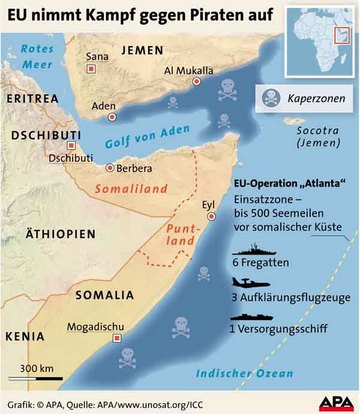 Somali pirates are about to face trial in Germany for the first time since the EU launched its operation against piracy off the Somali coast in 2008. It’s a clear-cut case — the 10 men were caught red-handed. But it poses a legal and diplomatic headache for the German authorities. Will this be the first trial of many? Read more
Somali pirates are about to face trial in Germany for the first time since the EU launched its operation against piracy off the Somali coast in 2008. It’s a clear-cut case — the 10 men were caught red-handed. But it poses a legal and diplomatic headache for the German authorities. Will this be the first trial of many? Read more

